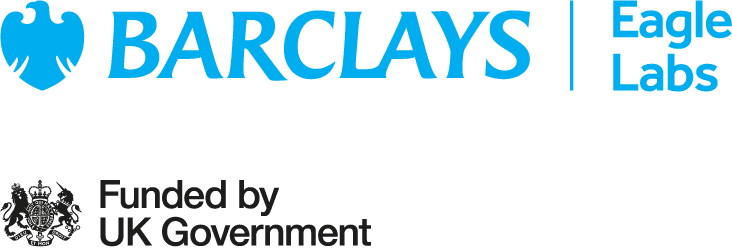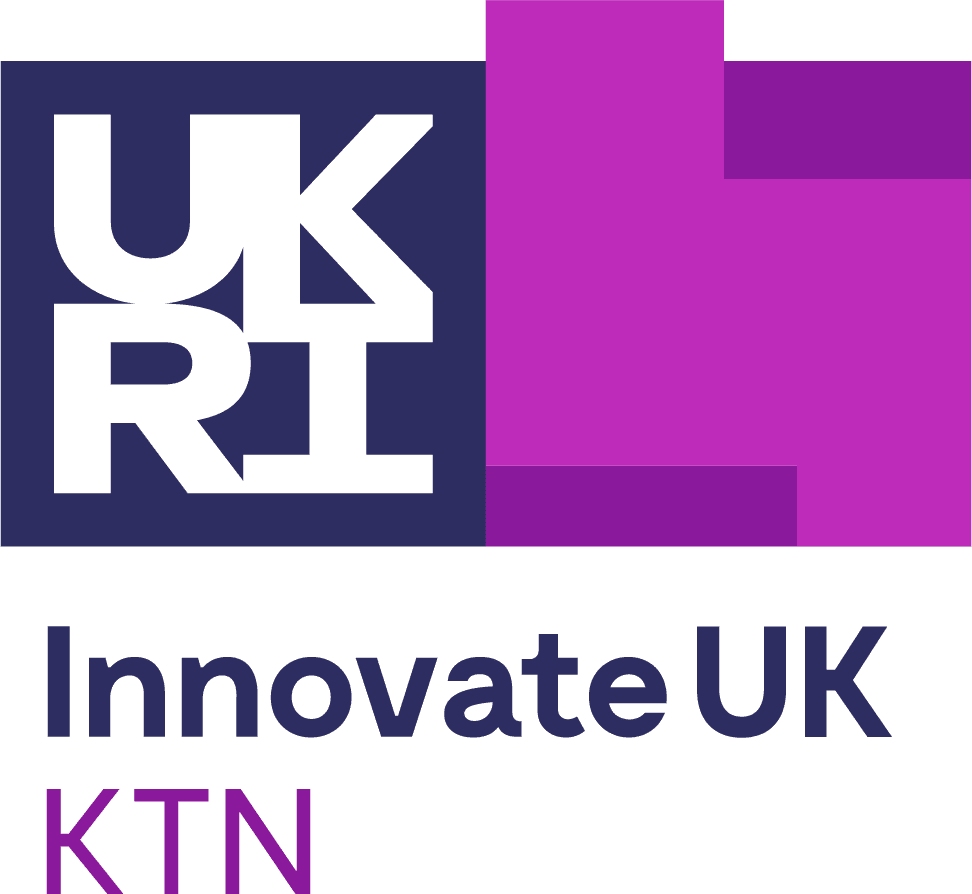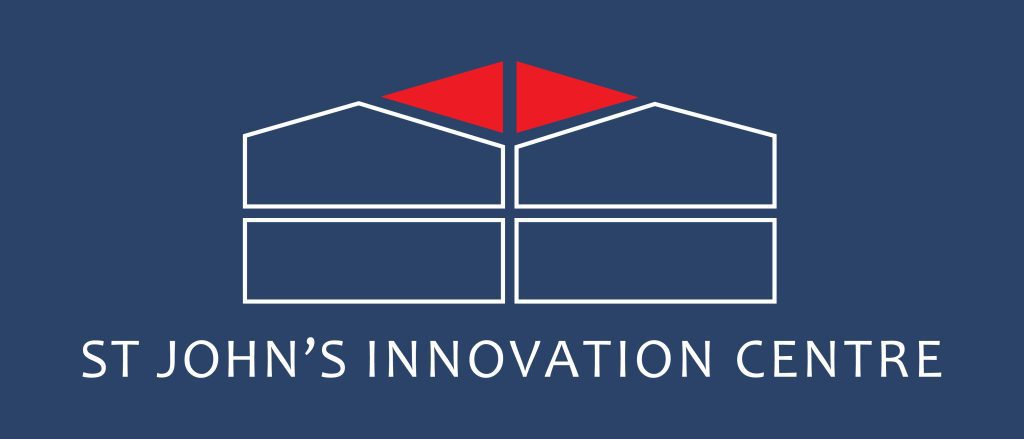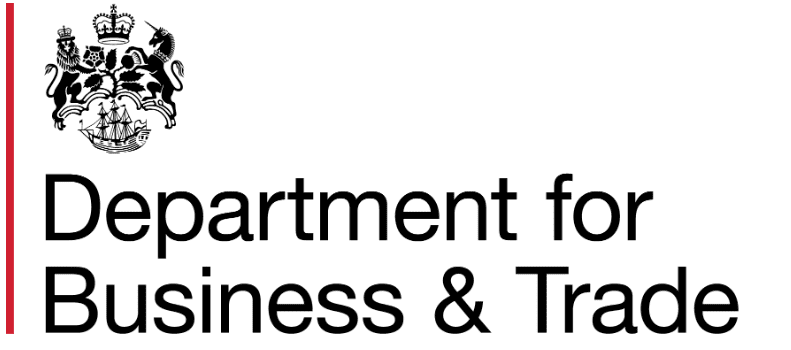THE FUTURE OF WORK: HOW AI IS RESHAPING THE WORKFORCE
64% of business believe the adoption of AI and GenAI will improve productivity and 42% believe it will streamline job processes.
Following the insightful discussions which took place around AI at Cambridge Tech Week, KPMG explores the potential impact of AI on the future of the workforce…
AI and Generative AI (GenAI) are no longer a new phenomenon. For over a year, KPMG has been actively using and investing in an internal GenAI tool, seamlessly integrating it into ways of working and exploring the possibilities of augmentation. Since making GenAI available to colleagues, the firm has seen a 15% boost in productivity over the last year and generated over 1.3million prompts in just one month alone.
There is no doubt that AI and GenAI will continue to transform the way people work. Across industries and functions, people are empowered to embrace new possibilities, performing new tasks and achieving remarkable results in a single day. This transformative shift unlocks large potential, driving innovation and business growth.
Over the next five years, the estimated boost to productivity by adopting Gen AI is 58% across support functions (e.g. HR, Finance, Customer Service and IT), 45% across control functions (e.g. Risk, Compliance, Internal Audit), and 44% across revenue functions (e.g. Sales, Marketing). Support functions are expected to gain the most from AI and GenAI, driven by the automation of bulk operational processes, user support via conversational dialogues, and code generation in IT. This means colleagues will free up more time to focus on strategic and business-partnering activities, as well as expanding the capacity and reach of their operations. While these statistics are FPS focused, the functions exist across all industries and similar impact is expected.

So how will this transform and reshape the workforce? Here are three key questions organisations should consider when looking to harness the benefits of AI:
- How can organisations unlock the full potential of their workforce by strategically reallocating and reinvesting time saved through AI and Gen AI?
GenAI will reshuffle the tasks many people do on a day-to-day basis – saving significant time in areas such as content generation, language translation, information extraction and customer support/helpdesk through intelligent chat.
Conducting AI impact assessments will help organisations to understand how AI will augment different roles and functions and identify specific use cases. For example, GenAI, Chatbots and Machine Learning are enabling investment banks to automate a wide range of routine tasks and processes, from trading and risk management to legal documentation to End-User Computing. This enables employees to dedicate more time to complex, value-add activities such as building client relationships and innovating processes.[1]
Skills-led strategic workforce planning will help firms to assess the skills, capabilities, and structure of the current workforce against the future needs of the organisation in the context of AI. This will enable targeted development and upskill of people in new high value aspects of their roles to ensure longevity in the face of growing AI capability.
- So how can organisations upskill their workforce?
The skills people need to work with AI and do their jobs in the future are changing, and significant skills gaps already exist in areas such as machine learning, AI and cybersecurity[2]. The World Economic Forum (WEF) has projected that 44% of workers’ core skills will change within five years due to the introduction of AI. This shift will require workers to develop new skills in managing and interpreting AI outputs, ensuring the technology is used effectively and ethically. Organisations need to quickly upskill and reskill their workforce to match the speed at which technology is changing in high-value activities and growth areas to lead to real and long-term cost savings and financial gain.
Acquiring new skills is now a lifetime activity and no longer constrained to our educational years. The rate of change with AI is only going to accelerate, so it is crucial for individuals and organisation to be adaptable and embrace continuous learning. This will ensure that we can thrive in the rapidly evolving world of work.
- How can organisations retain talent with hard-to-find skills and successfully reskill and redeploy their talent into these jobs?
AI is also creating new jobs such as AI developers and trainers, data creators and cybersecurity specialists, as well as creating more demand for existing jobs such as data analysts and modellers. Retaining existing employees is often more cost-effective and efficient than hiring new talent, as they already understand the company’s culture, processes, and clients. By investing in reskilling and upskilling programs and technology such as talent marketplaces, which enable cross-functional gigs and projects where colleagues can learn new skills on the job, targeted training based on skill-gaps, and skills-based career pathways, firms will help to build a broader supply of ‘hard-to-find’ skills and ensure the workforce is equipped with the necessary skills to thrive in the AI-powered future.
Embracing AI is crucial for staying competitive.
By fostering a human-AI partnership, you can achieve greater efficiency, productivity, and open new possibilities for growth. KPMG can support you with your workforce journey to better understand the long-term impact of AI and GenAI on your organisation, including:
- Assessing and forecasting the future requirements of your resource
- Skills-led strategic workforce planning
- Equipping your workforce with the skills needed to succeed
- Ensuring adoption and managing change across your organisation.
The organisations that master this most quickly will likely have a significant competitive advantage. Don’t wait to gain an edge. Contact one of our experts today to learn more about how we can help you unlock the transformative power of AI.
Authors:
Mel Newton – KPMG UK
Jackie Todd – KPMG UK
[1]The City of London Corporation & KPMG, The future of AI & the workforce (theglobalcity.uk)
[2] Financial Services Skills Commission, Bridging the skills gap in a rapidly evolving sector report














































